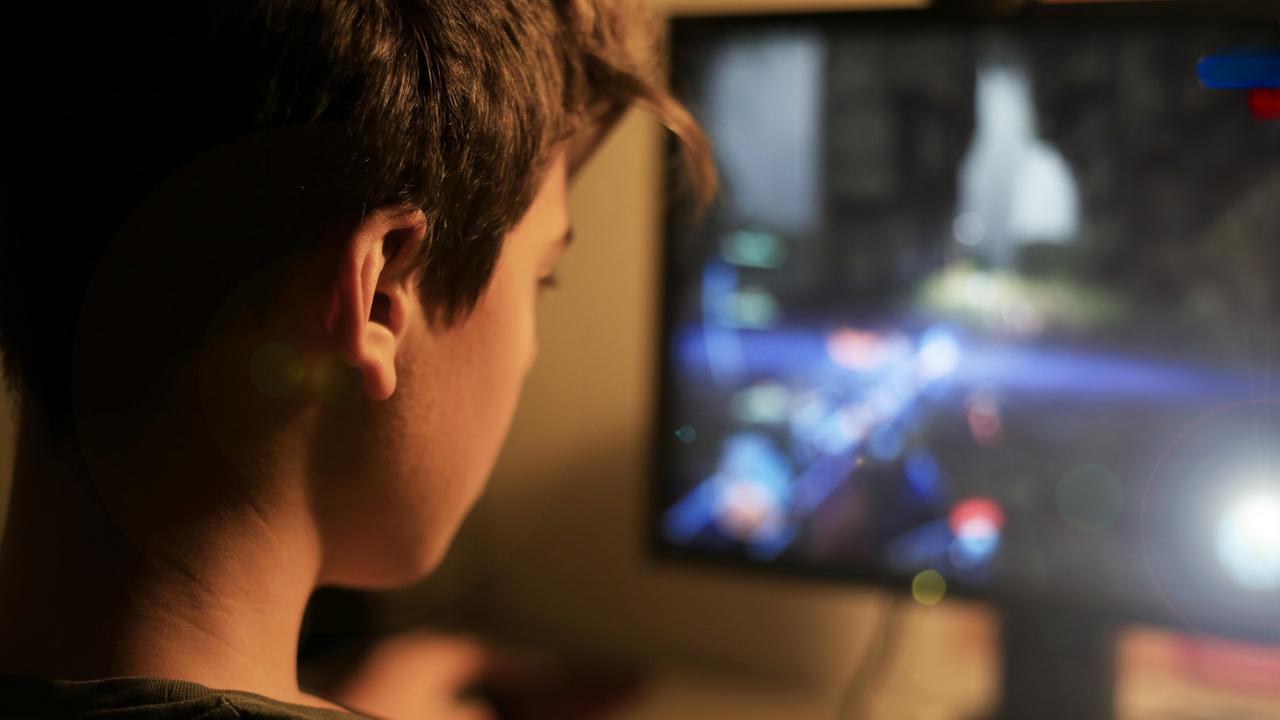Alarming artificial intelligence twist in grim new cyber-bullying tactics hitting Qld schools
There are always fears associated with sending your children to school but there are growing concerns over a new threat. ALL THE DETAILS
More than 400 complaints of cyber-bullying incidents targeting Queensland children were made in 2023 in a major spike in reportings, Australia’s online safety regulator has revealed.
The eSafety Commissioner recorded a 42 per cent increase in complaints last year compared to 2022, with the majority of Queensland reports made by female children aged between 12 and 16.
The reports included the sharing of embarrassing photos or videos of children, the spreading online gossip and creating fake accounts in a child’s name in an “extension of playground or classroom” bullying.
Only children themselves or an authorised representative can make a report.
In August last year, the commissioner also received the first reports of sexually explicit content generated by students using AI to bully other children.

Acting eSafety Commissioner Kathryn King said its research showed the likelihood of a child being cyberbullied jumped from the age of 11, with more and more children having access to social media and digital devices.
Ms King said children were often early adopters of technology which can often bring about a “wave of new and unexpected” harm.
“We’re concerned how cyber-bullying is becoming more and more sophisticated and harmful as generative AI platforms, such as Chat GPT, become more accessible and popular,” Ms King said.
Ms King said children were often targeted due to their race, religion, cultural background, gender, sexual orientation and disability.
“We also know that some people are more at-risk of online abuse because of who they are or how they identify,” Ms King said.
“For example, our research shows First Nations youth are almost three times more likely to experience hate speech.
“And young people with disability are more likely to report being treated in a hurtful or nasty way compared to other young people.”
Ms King said the threat of cyber-bullying was not exclusive to social media sites but could happen anywhere online, including via texts, direct messaging and through online gaming.
In 2023, Kids Helpline received 3342 national complaints regarding children being bullied, figures which are consistent over the past decade.
It’s estimated about one third of those involved cyber-bullying.
YourTown virtual services manager Tony FitzGerald said cyber-bullying could have devastating effects on young people.
“Young people on social media are being subjected to ongoing abuse and harassment from peers, groups of peers who target a particular young person,” Mr FitzGerald said.
“The instant messages, the relentless nature of cyber-bullying that happens outside of the traditional school time. Young people tend to be particularly pervasive online over a 24-hour period.
“Typically we see that activity play out on Instagram, Snapchat, TikTok or other apps.”
Mr FitzGerald said it was “no surprise” that AI was being “weaponised” by children to cyberbully others.
“It’s starting to come through as a theme. Anecdotally we are hearing that it’s being used to generate images to bully and harass,” he said.






